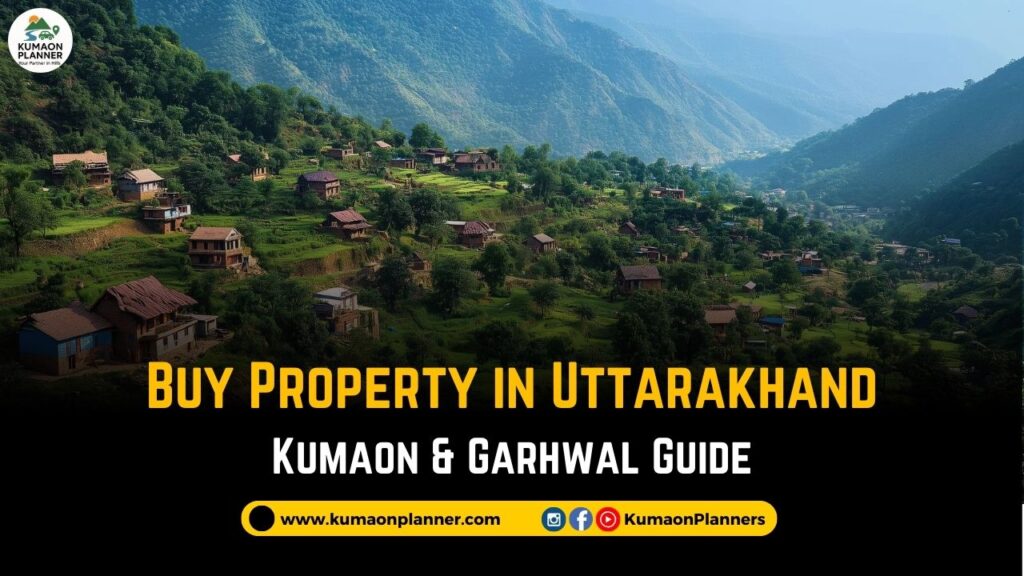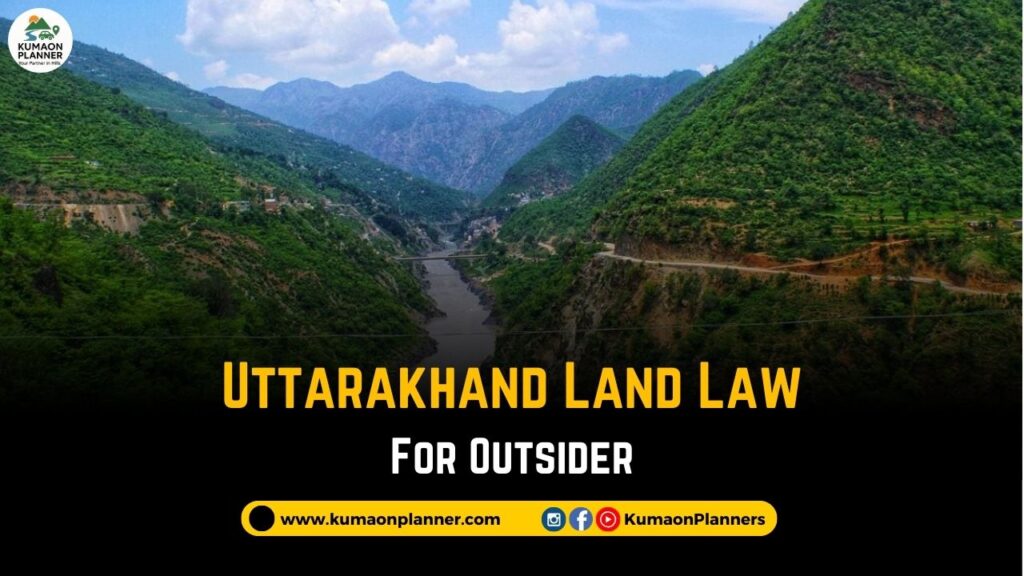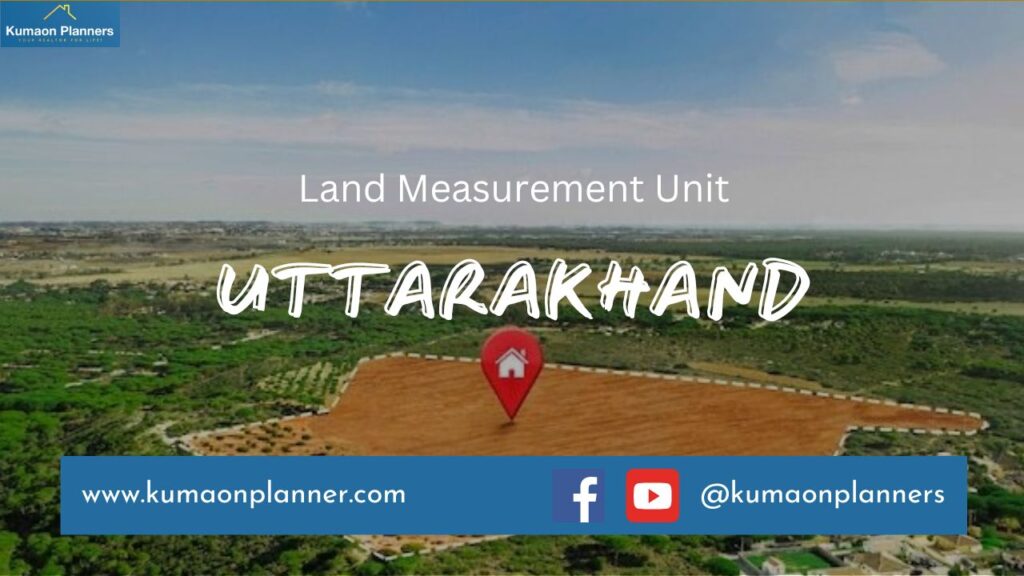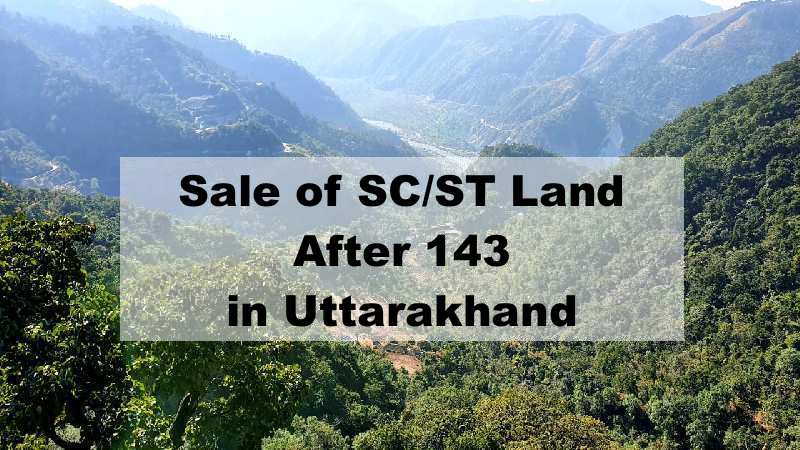Building a house in the scenic hills of Uttarakhand, especially regions like Kumaon, is a dream for many — but choosing the right contractor can make or break that dream. Whether it’s about dealing with steep terrains, harsh weather conditions, or ensuring that the house complements the natural landscape, the process requires special expertise.
From local laws to terrain-sensitive construction practices, this guide will help you make an informed decision when hiring a contractor for your hill home construction in Uttarakhand.

✅ 1. Why Contractor Selection Matters More in Hill Areas
In the hilly regions of Uttarakhand, construction comes with unique challenges. Steep terrains, unpredictable weather patterns, and access difficulties are just a few of the hurdles that can impact your project. Hiring a local contractor with experience in hill construction is essential to avoid common problems like landslides, poor drainage, and water leakage issues.
Key Points to Consider:
- Challenging terrains demand specific engineering knowledge and skills.
- Weather conditions like monsoons or heavy snowfall require specific building techniques.
- Local contractors understand the land laws, sourcing materials, and are better equipped to handle logistical issues.
- Poor construction can lead to long-term maintenance issues, such as water damage and structural instability.
👉 Related: Cost of House Construction in Hills
🔍 2. Qualities to Look For in a Hill Home Contractor
When hiring a contractor for a hill home, experience and local knowledge are your top priorities. A contractor who has worked on similar terrains and understands the specific challenges of hill construction will be much better equipped to handle your project smoothly.
Key Qualities:
- Experience in hill construction: Ensure the contractor has previously worked in similar hilly terrains.
- References and site visits: Ask for completed or ongoing projects in Kumaon or Garhwal regions.
- Familiarity with local bylaws: A good contractor should know the local zoning laws and building regulations.
- Team strength: A reliable team with local labor and vendor connections will ensure smooth progress.
- Transparency in pricing and materials: A professional contractor will provide detailed quotes and timelines.
📋 3. Questions to Ask Before Hiring
Before making a decision, you must ask the right questions to ensure that the contractor has the necessary expertise and commitment to your project. These questions will help you gauge their professionalism and ability to meet your specific needs.
Essential Questions:
- Have you built homes in this region before? This is crucial for understanding their familiarity with the terrain and weather conditions.
- Can you show completed or ongoing projects? Visiting completed sites will give you a clear idea of the quality of work.
- What materials do you recommend for hill construction? Materials like insulation and waterproofing should be a priority.
- How do you manage logistics? Discuss how materials will be transported, considering the difficulty of accessing hilly sites.
- Do you assist with government approvals? A good contractor should have experience with local permits and regulations.
🚩 4. Red Flags to Watch Out For
While some contractors may seem like a good fit, there are certain red flags that can help you avoid potential problems. Watch out for these warning signs during your evaluation process.
Warning Signs:
- Unrealistically low estimates: While cost is important, too-low quotes may indicate that the contractor is cutting corners.
- No written agreement or timeline: Without a contract, you have no legal protection.
- Frequent delays: Consistently missing deadlines may signal poor management.
- No past work references: Avoid contractors who can’t provide proof of their previous projects.
- Unclear warranty policies: Always ensure that warranties are clearly outlined in writing.
📑 5. Legal Documentation You Must Sign
Legal clarity is key to ensuring that your project progresses smoothly. The right contract can protect you from delays, unexpected costs, and poor-quality work.
Important Documents:
- Detailed contract: This should outline the full scope of work, including the stages of construction, payment schedules, and material usage.
- Timeline and penalty clauses: Make sure there is a clear timeline and penalties for missed deadlines.
- Material and structural warranties: Confirm that there are warranties for materials and the work done.
- Permissions and compliance: The contractor should handle local zoning laws and building permits.
👉 Related: Documents Checklist for Buying Property in Uttarakhand
🏔️ 6. Local vs City Contractors – Which One is Better?
Choosing between a local contractor and a city-based contractor can be tough, especially when considering cost, convenience, and experience. Here’s a comparison of the two:
| Factor | Local Contractor | City-Based Contractor |
|---|---|---|
| Cost | Usually more affordable | Often higher due to logistics |
| Terrain Knowledge | Better suited to hill terrains | May lack specific local experience |
| Material Sourcing | Local sourcing is easier | Materials may be outsourced |
| Availability | More accessible on-site | May not be as readily available |
| Paperwork | Fewer delays with local paperwork | May need additional consultants for paperwork |
💡 Tip: If possible, choose a local contractor but make sure they have oversight from a civil engineer or architect.
🧾 7. Costing and Payment Tips
When it comes to construction costs, it’s important to avoid paying everything upfront. Instead, break down the payments based on project milestones to ensure smooth progress and quality assurance.
Costing Best Practices:
- Avoid upfront payment: Pay in stages according to project milestones.
- 10% retention: Keep 10% of the payment until the final completion.
- Clarify material costs: Decide whether you or the contractor will purchase and transport materials.
- Use receipts and documentation: Always ensure payments and material purchases are documented.
👉 Related: Hidden Costs of Buying Property in Kumaon
🧰 8. Tools, Services & Products You Can Use
When it comes to hill home construction, there are many tools and services that can help streamline the process. Consider using these to simplify your project:
- Construction cost estimators to get an accurate budget.
- Waterproofing solutions for hillside homes.
- Soil testing kits to assess the quality of your land.
- Home design platforms with 3D walkthroughs for planning.
- Eco-friendly insulation products that are ideal for the hilly environment.
✨ Final Thoughts
Building your dream home in the hills of Uttarakhand can be an incredibly rewarding experience. However, choosing the right contractor is crucial for ensuring that the construction process is smooth, cost-effective, and up to your expectations. By focusing on local expertise, proper documentation, and clear communication, you can ensure that your dream home becomes a reality.
If you’re planning to build in Kumaon or other hill regions of Uttarakhand, feel free to reach out to Kumaon Planners for expert advice, trusted contractors, and guidance through every step of the process.
📞 Get in touch with Kumaon Planners today for personalized assistance.








